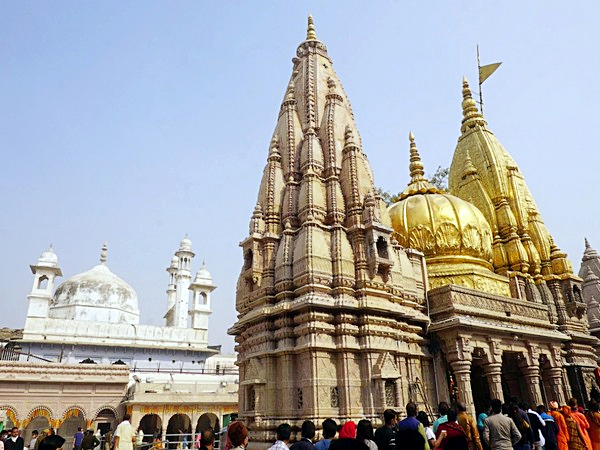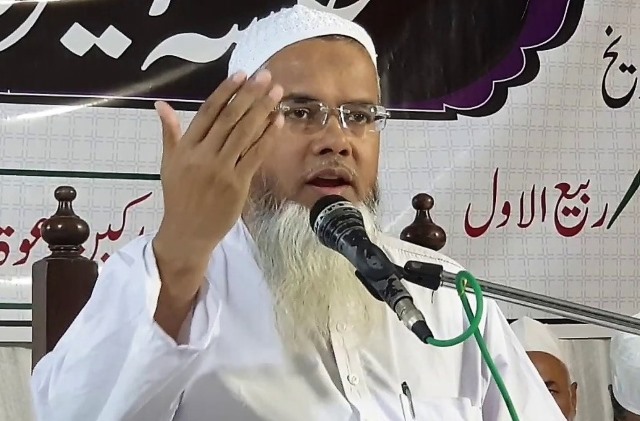Allahabad High Court on Wednesday will hear a plea on Wednesday challenging the Varanasi District Court’s decision on the challenge to the petition of Hindu devotees.
The matter is related to the Kashi Vishwanath temple-Gyanvapi mosque dispute. The Anjuman Intezamia Masjid Committee has filed a petition in the Allahabad High Court against the order passed by the Varanasi District Court.
The plea stated that the order passed in the district court is not maintainable. The plea claimed the Gyanvapi case falls under the Worship Act, under which it cannot be heard.
The High Court on Tuesday imposed a fine of Rs 10,000 on the Director General of the Archaeological Survey of India (ASI) for failing to submit a personal affidavit within the deadline. The HC granted the last opportunity to the SSI DG to file a personal affidavit in the case in 10 days.
The High Court was hearing a case in which a Varanasi court ordered the ASI to conduct a survey in the Kashi Vishwanath temple-Gyanvapi mosque complex to ascertain whether a Hindu temple was partially demolished for the construction of the Gyanvapi mosque in the 17th century.
The plea was filed by the Anjuman Intazamia Masjid Committee challenging the suit filed in Varanasi court and seeking the restoration of land on which the Gyanvapi mosque is situated.
Pertinent to mention, a Varanasi court on Friday rejected the plea seeking carbon dating and scientific investigation of the purported ‘Shivling’ claimed to be found in the Gyanvapi mosque complex.
The Hindu side had claimed that a ‘Shivling’ was found in the premises near the ‘wazukhana’ during the videography survey of the mosque premises, which was ordered by the court.
However, the Muslim side said that the structure found was a ‘fountain’. The Hindu side had then submitted an application on September 22 that sought a carbon dating of the object they claimed to be ‘Shivling’.
Carbon dating is a scientific process that ascertains the age of an archaeological object or archaeological finds. Earlier, an appeal had been filed in the Supreme Court challenging the order of the Allahabad High Court which had dismissed a PIL that sought the appointment of a committee/commission under a judge to study the nature of the structure found in the Gyanvapi Mosque, Varanasi.
The appeal filed by seven devotees sought direction from the Archeological Survey of India (ASI) to ascertain the nature of the structure found on the Gyanvapi campus.
The Allahabad High Court had on July 19 dismissed their plea seeking the appointment of a committee/commission headed by a judge of the High Court or supreme court (sitting/retired) to study the nature of the structure found in the Gyanvapi Mosque.
The PIL moved before the High Court seeks direction from a committee to ascertain whether a Shivaling, as claimed by the Hindus, had been found inside the mosque or if it is a fountain as claimed by Muslims.
The appeal in the top court stated that the Allahabad High Court had erred in dismissing the plea.
On May 20, the Supreme Court ordered the transfer of the case related to worship at Gyanvapi mosque from the civil judge to the District Judge, Varanasi. (ANI)
Read More:http://13.232.95.176/


